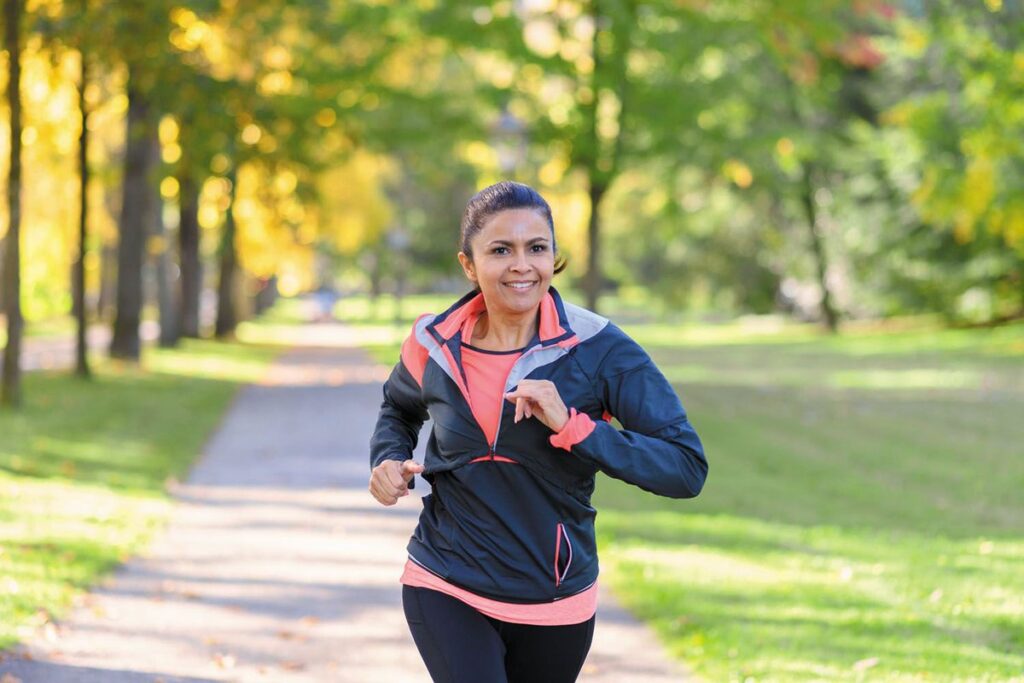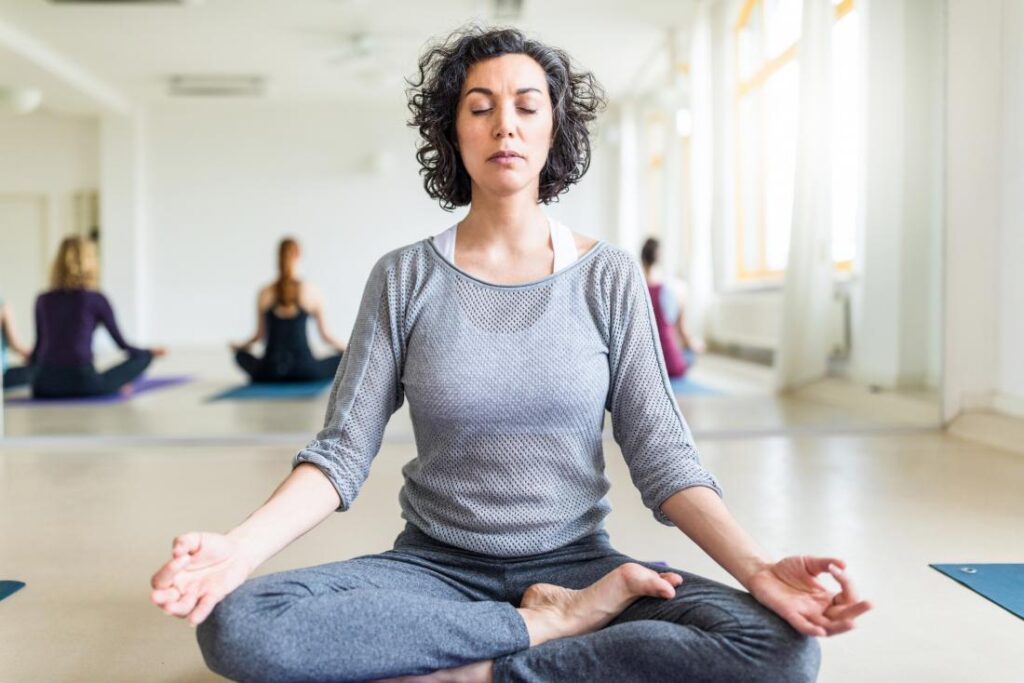Top 9 Natural Remedies To Combat Anxiety

Anxiety is undoubtedly one of the evils of our time. According to a health organization, more than 260 million people worldwide suffer from anxiety disorders. That is, about 3.5% of the global population. However, those who suffer the effects of anxiety without it reaching the degree of the disorder are many more. Many were using medicines to combat anxiety but there is an alternative natural remedies also.
The survey, 2017, on Perception and habits around stress, pointed out that stress caught, anxiety is the second most recurrent symptom. In that case, stressed inhabitants are 42% “frequently or continuously.” So it means 39.5% of cases lead to anxiety.
Therefore, beyond the professional help it may be necessary or essential in many of these cases. It is also good to know natural ways to reduce anxiety. Daily life often leads to many a work, with many social commitments, financial difficulties, relationship problems, etc. Some natural remedies to combat anxiety listed below.
9 Natural Remedies To Combat Anxiety
Listed below are nine natural remedies to combat anxiety, at least in the first instance, anxiety.
1. Do Physical Activity
The work mentioned above that physical activity is one of the main ways respondents can reduce their stress levels. It makes sense because exercise promotes the production of norepinephrine, a substance that moderates the brain’s response to stress. And endorphins, the neurotransmitter known as “the happiness hormone” since it produces well-being and joy. It also helps secrete dopamine and serotonin, other chemical agents that contribute to those pleasant sensations.

2. Take Nature Walks
Recent studies showed that walks through the woods, fields, and other natural environments help relax and leave behind the so-called “morbid rumination.” Thoughts repeatedly return to the mind and can become obsessive and cause stress and anxiety.
On the other hand, the same researchers discovered that these walks have other benefits. For example, they improve working memory, i.e., short-term memory, and it is necessary for complex cognitive tasks, viz., reading, or mathematical operations.
3. Overcome Procrastination
The habit of postponing necessary tasks to dedicate time to more entertaining but less relevant tasks is procrastination. High levels of it are related to stress and anxiety.
How to fight against this tendency of scheduling left outwork of today for tomorrow. What could we do today? Some simple tips are to visualize how good it will be to “get it done” Think about the harms of getting the job done, and give yourself small rewards for each advance.
4. Drink Herbal Teas
People have consumed the infusions of certain herbs for centuries by many cultures. They have attributed various properties to them, including a relaxing and anxiolytic effect. Science has proven these effects in the case of some infusions. They are chamomile, linden, valerian, and Ashwagandha tea (widely used by practitioners of Hinduism).
Kava tea and passionflower are other herbs, and Conclusive results have not come up in the studies. However, the mere act of pausing to prepare the infusion and sitting down to drink it can help slow down the rhythm of the day. Thus, this reduces anxiety.
5. Meditate And Breathe
Beyond all, meditation, associated with religious aspects and the different mindful forms of breathing, are one such technique. Nevertheless, other relaxation techniques are there, and it is scientific work according to which these practices have many benefits. Among them the less stress, after-effects of depression, and fewer possibilities of suffering from anxiety. People who regularly practice meditation and breathing exercises for long periods have maximized advantages.

Breathing Into A Bag
As mentioned previous point about breathing exercises, positive effects we notice, especially in the long term. If you are breathing in a paper bag, it is a resource to try to control hyperventilation which, in many cases, occurs with an anxiety attack. The advice is to breathe – in the most natural way possible – between six and twelve times with a paper bag over your mouth and nose.
It will help hyperventilation stop by returning the pH of the blood to neutral values. It is due to the recovery of the balance of O2 and CO2. However, we should be careful as many specialists discourage this technique since if the person has any of the various respiratory conditions and may not even know who has it, the consequence of breathing into a bag could worsen the situation.
Write
Writing also has therapeutic effects. For example, psychology denotes a personal journal reading or simply writing down certain traumatic situations. This can improve emotional and even physical health. In addition, writing is a cathartic exercise. In this, the person often feels that “a person lifts a weight.” That relaxes you and reduces stress and feelings of anxiety.
Have Sex, With Yourself Or With Other People
We all know that sex has a potent reliever of stress and anxiety, especially in men. It releases a series of relaxing compounds with action very similar to that of opiates. Moreover, we explained in his day the Benefits of masturbation beyond orgasm. Therefore we do not understand that sometimes we stop practicing it, either with other people or masturbating, perhaps because of the hurried life we lead.
Have Indoor Plants Or A Garden
In August last year, some doctors stated that they started treatment for their patients suffering from anxiety and depression. They gave them indoor plants so that they would have to care for them. Inside and take them back on later dates.
One of the doctors said that “having something to take care of has many benefits for people, especially for those who don’t have a garden as well as cannot live with pets.” The motivation to take care of plants, both indoors and in a garden, can then become a way to fight the risk of suffering from anxiety or some other related problem. Further to this, indoor plants improve the quality of air.














